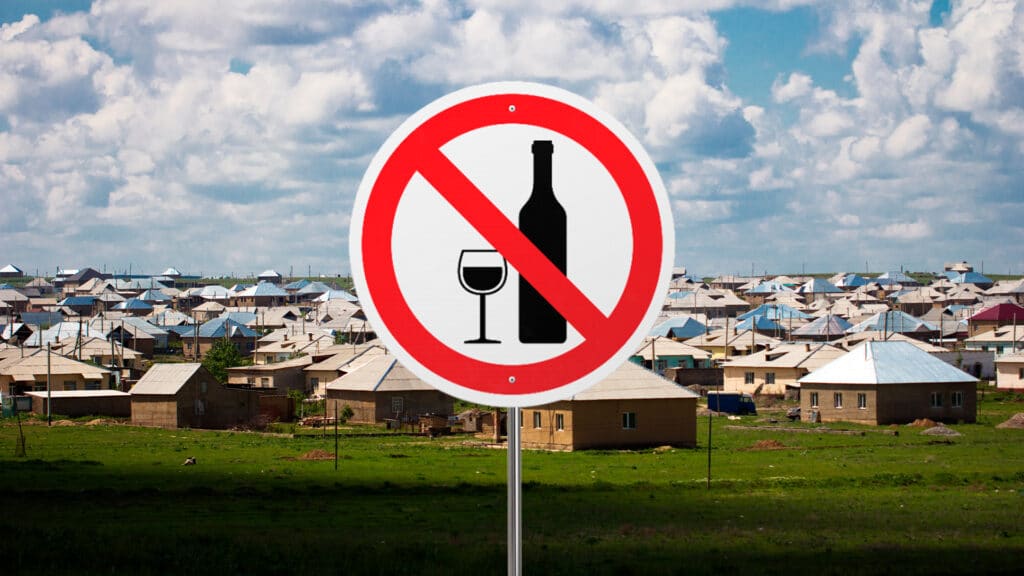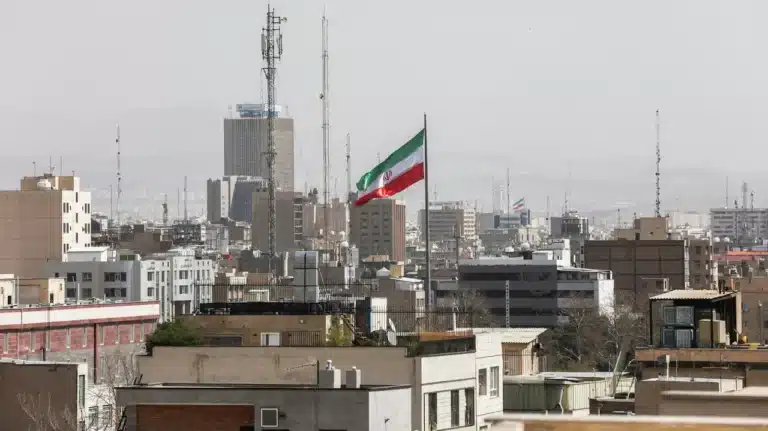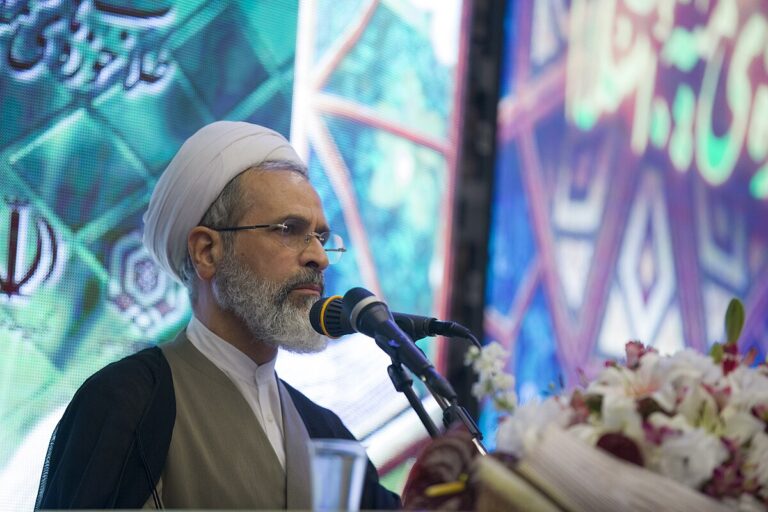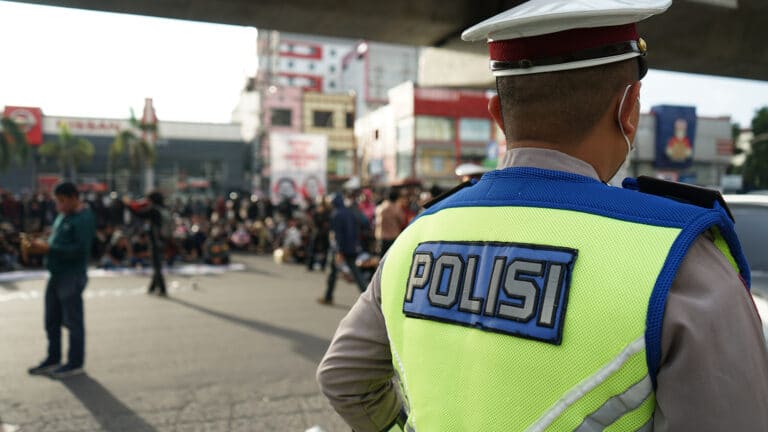
A growing number of communities worldwide are choosing to go alcohol-free, reflecting a broader trend toward reduced alcohol consumption and the rise of the «sober curious» movement. From dry counties in the U.S. to temperance-driven towns in India and entire villages in Kazakhstan, communities are opting out of alcohol for a range of social, cultural and public health reasons.
Alcohol-free villages in Kazakhstan
In Kazakhstan, the Ministry of Internal Affairs is leading an initiative called «Alcohol-Free Villages,» which bans the sale of alcohol in selected rural areas. The movement is expanding: as of mid-2025, 66 villages in the Turkestan region have joined the program. According to the Polisia.kz media portal, the villages of Zagambar, Algabas and Tagaina in the Tolebi district are among the latest to adopt the alcohol-free status.
In Zagambar, home to both Kazakh and Uzbek communities, the decision to go sober was widely welcomed.
«We chose to give up alcohol for the well-being of our families and the future of our children,» said one resident.
Since going dry, villagers report significant improvements in quality of life. Public order has strengthened, and residents say offenses and crimes have dropped to zero.
Notably, in February 2025, media reports highlighted that residents of 27 other villages in the region chose to stop selling alcohol, but not necessarily drinking it. The distinction points to the complexity of implementing sobriety initiatives, even as support grows.
Dry communities in the U.S. and India
In the U.S., the concept of «dry» communities, where the sale of alcoholic beverages is prohibited or tightly restricted, is nothing new. These restrictions often date back to the Prohibition era and are rooted in religious and moral traditions, particularly in the South. Today, hundreds of municipalities across the country continue to ban alcohol sales. Arkansas has 34 dry counties out of 75, and alcohol sales are prohibited statewide on Sundays. Kansas, Mississippi and Tennessee are considered «dry by default,» meaning that counties must specifically authorize the sale of alcohol.
While the motivations behind these policies are longstanding, their effectiveness remains a subject of debate. Some studies and media reports suggest that dry laws may inadvertently lead to higher rates of impaired driving, as residents travel to neighboring «wet» counties to purchase alcohol.
In India, prohibition has deep political roots. Mahatma Gandhi embraced it as a core element of his social philosophy during the country’s struggle for independence. The principle was later enshrined in Article 47 of the Indian Constitution, which directs the state to promote public health and endeavor to prohibit intoxicating drinks and drugs deemed harmful to well-being.
Prohibition remains a powerful political and cultural force in many parts of India. In March 2025, the state of Madhya Pradesh announced a ban on liquor sales in 19 religious cities, starting April 1, to preserve their spiritual sanctity. Meanwhile, Bihar has enforced a strict prohibition policy since 2016. Media analysis suggests that this decision was significantly influenced by grassroots women’s movements advocating for a reduction in alcohol-related domestic violence.
Global sobriety movement
In mid-June, Kazakhstan marked the 90th anniversary of Alcoholics Anonymous (AA), the world’s most widespread peer-support program for alcohol addiction, founded in the U.S. in 1935. AA has been active in Kazakhstan since 2012, bringing together hundreds of people who have chosen a life free from alcohol. Ironically, but symbolically, the event took place in a former bar. A space once associated with drinking has now become a haven of sobriety and support.
One of the event’s co-organizers acknowledged that addiction remains a widespread issue in Kazakhstan. An estimated 10% of the population suffers from alcoholism, a figure that has remained largely unchanged in recent years. Nationwide, more than 1,300 people die each year from alcohol-related causes. According to the WHO, adults in the country consume an average of 5 liters of pure alcohol per year.
Amid economic uncertainty, alcohol consumption rose dramatically in the 1990s, especially in rural areas of Kazakhstan. Alcohol consumption is often linked to a lack of opportunity and purpose. Urban decline, high unemployment and a pervasive sense of hopelessness contribute to drinking habits. In places like Zhezkazgan and Taldykorgan, alcohol use is reported to be significantly higher.
Despite existing restrictions and excise taxes, addiction and related issues continue to rise. In October 2024, Kursiv.media reported that the country has been experiencing a liquor retail boom. Over the past five years, alcohol sales have remained consistently high, except for 2020, when they spiked dramatically. That year, as Kazakhstanis were confined to their homes during the COVID-19 lockdowns, alcoholic beverage purchases hit a decade-high, with sales surging 30% in value compared to 2019. Alcohol accounted for 3.8% of total retail sales that year.
Still, change is happening. Society is gradually beginning to recognize addiction not as a moral failing, but as a disease. This shift is backed by growing collaboration between the community and both public and private institutions.













